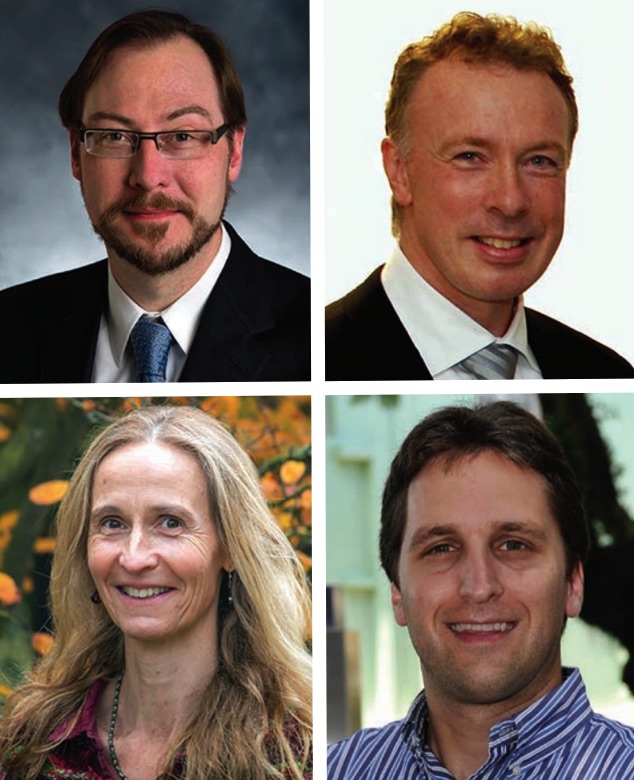| 2016 | |
| 2016 | |
| 2016 | |
| 2016 | |
| 2016 | |
| 2016 | |
| 2016 | |
| 2012 | What's the Evidence for Lean?
IEEE Software 2012 (5); by T. Dyb, H. Sharp A close look at the evidence underpinning the original concept of lean production and its popular interpretation reveals the inherent challenges of… |
|
| 2012 | |
| 2012 | |
| 2012 | |
| 2011 | |
| 2011 | Testing Software Product Lines
IEEE Software 2011 (5); by E. Engstrm, P. Runeson, I. do Carmo Machado, E.S. de Almeida, S.R. de Lemos Meira, E. Engstrm Two studies of testing practices for software product lines identify gaps between required techniques and existing approaches in… |
|
| 2011 | |
| 2011 | Five Facts on the Adoption of Open Source Software
IEEE Software 2011 (2); by C. P. Ayala, D. Cruzes, O. Hauge, R. Conradi Across the spectrum of software organizations-from traditional software houses to service providers, in both public and private… |
|
| 2010 | What Do We Know about Test-Driven Development?
IEEE Software 2010 (6); by F. Shull, G. Melnik, B. Turhan, L. Layman, M. Diep, H. Erdogmus What if someone argued that one of your basic conceptions about how to develop software was misguided What would it take to change your… |
|
| 2010 | Creating Software Process Capability/Maturity Models
IEEE Software 2010 (4); by C. G. von Wangenheim, J. C. R. Hauck, A. Zoucas, C. F. Salviano, F. McCaffery, F. Shull A seeming multitude of software process capability/maturity models SPCMMs have emerged, and many software engineers have… |
|
| 2010 | Managing Variability in Software Product Lines
IEEE Software 2010 (3); by M. A. Babar, L. Chen, F. Shull A software product line SPL is a set of software-intensive systems that share a common set of features for satisfying a particular… |
|
| 2010 | |
| 2009 | |
| 2009 | |
| 2009 | |
| 2009 | To Game or Not to Game?
IEEE Software 2009 (2); by C. G. von Wangenheim, F. Shull One challenge in software engineering education is to give students sufficient hands-on experience in actually building software. |
|
| 2009 | A Look at 25 Years of Data
IEEE Software 2009 (1); by N. Juristo, A. Moreno, S. Vegas, F. Shull Is 25 years enough time to build up a coherent body of knowledge that can help point to useful principles As a testbed for helping us answer… |
|
| 2008 | |
| 2008 | |
| 2008 | What Do We Know about Developer Motivation?
IEEE Software 2008 (4); by T. Hall, H. Sharp, S. Beecham, N. Baddoo, H. Robinson Software engineers will do better work and stay with a company if they are motivated - as a result the success of software projects is likely to improve. |
|
| 2008 | |
| 2008 | |
| 2008 | |

